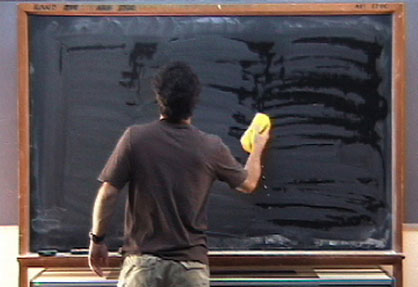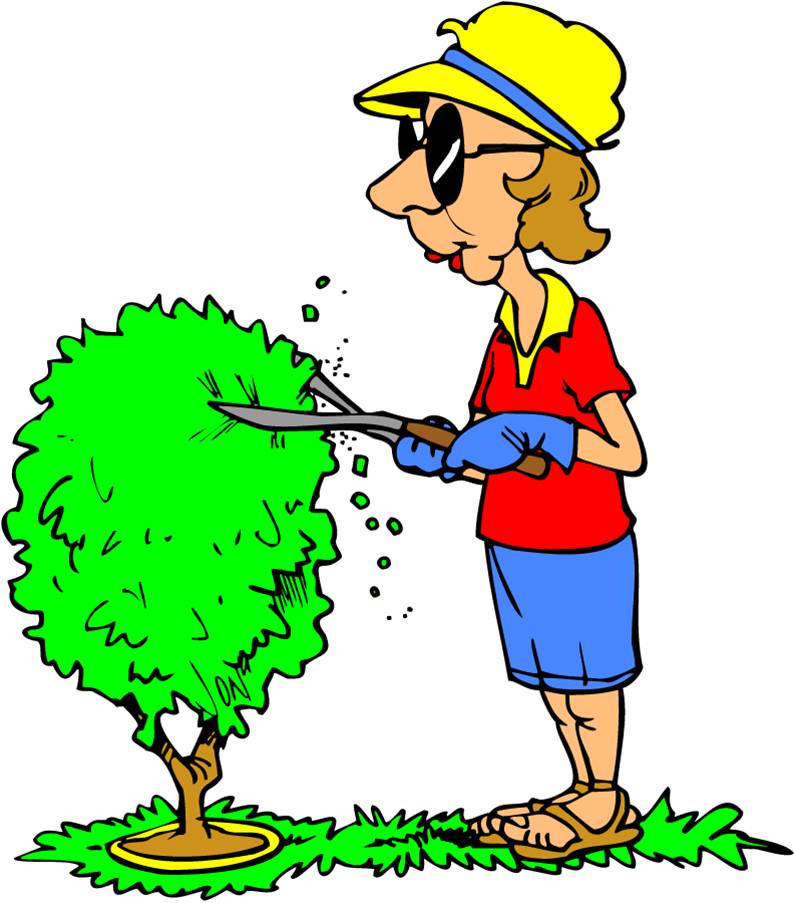If I don't put that claim in my flier, does it mean that I do not attempt to prevent injuries in your athletes? OF COURSE NOT!! That would incredibly irresponsible of me to do so.
Instead, what I want and need you to realize is that any good program should prevent injury. This occurs through making sure each athlete has solid movement and good muscle recruitment and coordination. If a player does not have a very clean squat, why the heck am I going to ignore it and say we'll go ahead and squat anyways? If a trainer did that to my child, I would have his head on a plate!!


Instead, realize that many young athletes will not use much more than body weight when they are first working with us. Many don't start working with weights even after a few years!
Why?
Let me give you an artistic example. If I were a painter and I paint a house that is covered in mud, do you think that paint is going to stick? Probably not. The first time I washed the house most of the paint would come off because the house I was painting was not clean.
And this is what happens with athletes and coaches who get too caught up in doing the "fun" stuff of plyometrics and speed work. If the athlete does not have clean movements, any thing a coach tries to teach is just going to be forgotten the first time they go out to play.
You have to un-teach the bad habits so that you're working with a clean slate. Only then will you see the all-star inside shine through the mud.

